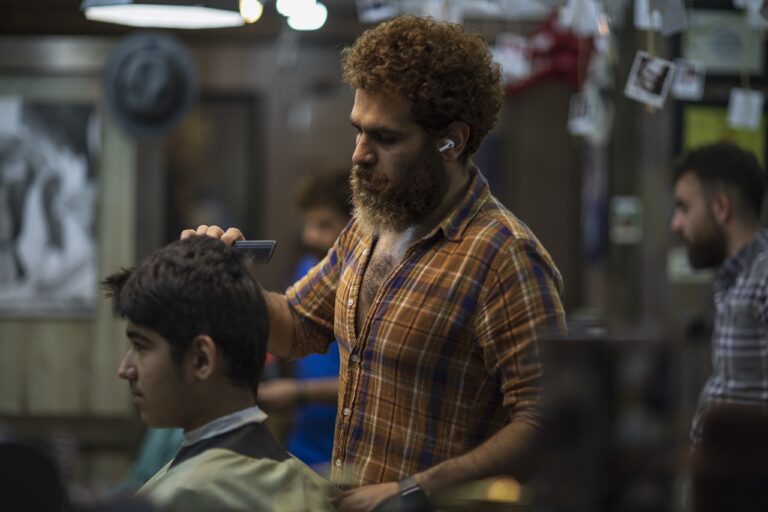The Future of Retail: Adapting Physical Stores to Changing Consumer Behaviors
In the ever-evolving retail landscape, the prominence of online shopping continues to grow at a rapid pace. Consumers are constantly seeking convenience and personalized experiences, leading retailers to invest heavily in their digital presence to cater to these changing preferences. Additionally, the rise of social media and influencer marketing has significantly impacted how brands engage with their target audience, fostering a more interactive and engaging shopping experience.
Another key trend shaping the retail landscape is the increasing focus on sustainability and ethical practices. More and more consumers are placing importance on purchasing from brands that align with their values, driving retailers to adopt eco-friendly initiatives and transparent supply chain practices. This shift towards sustainability is not only affecting consumer purchasing decisions but is also influencing retailers to reevaluate their business strategies to meet the growing demand for ethically sourced products.
Integration of Technology in Physical Stores
In today’s retail landscape, the integration of technology in physical stores has become essential for staying competitive. Traditional brick-and-mortar stores are swiftly embracing digital innovations to enhance the overall shopping experience for consumers. From interactive displays to smart mirrors and virtual reality fitting rooms, technology is reshaping the way customers interact with products in-store. These advancements not only streamline the shopping process but also create a more immersive and personalized environment for shoppers.
Moreover, retailers are leveraging data analytics and artificial intelligence to gain valuable insights into consumer behavior. By tracking customer preferences and purchase patterns, stores can tailor their offerings and marketing strategies accordingly. This data-driven approach enables retailers to deliver targeted promotions and personalized recommendations, ultimately fostering stronger customer loyalty. As technology continues to evolve, integrating these digital tools seamlessly into physical stores will be crucial for retailers looking to adapt to the ever-changing retail landscape.
Enhancing Customer Experience through Personalization
Personalization has become a pivotal strategy for retailers looking to stand out in an increasingly competitive market. By tailoring products and services to meet the specific needs and preferences of individual customers, businesses can create a more engaging and meaningful shopping experience. This approach not only fosters customer loyalty but also drives increased sales and revenue.
Through the use of advanced data analytics and artificial intelligence, retailers are now able to analyze customer behavior and purchasing patterns to deliver highly personalized recommendations and offers. Whether through targeted email campaigns or personalized product suggestions on their website, retailers can provide customers with a curated shopping experience that resonates with their unique tastes and preferences. This level of personalization not only enhances the overall customer experience but also helps to build stronger relationships between brands and consumers.





